HUES among IDP population completed: lessons learned
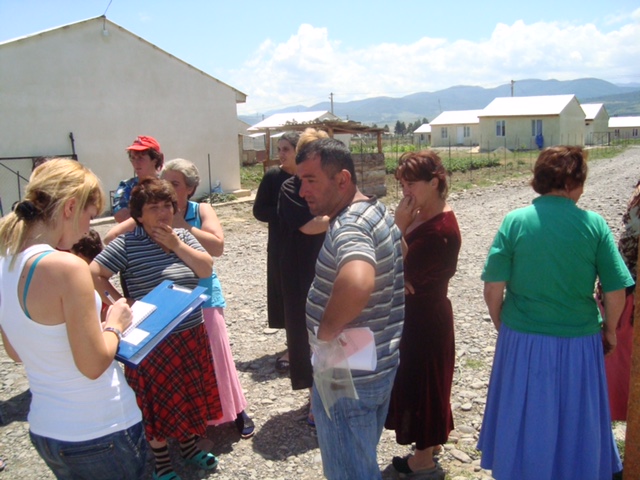
We employed household survey for the assessment of self-reported health expenditures, health status and utilization of health-related services among internally displace persons (IDP) in Georgia. This is a common survey method used in many countries, particularly in low- and middle-income countries. Using standardized method to identify characteristics of sub-group of population (IDP) simplified some of the methodological barriers and reduced costs of administering a study, also provided benefit of comparability with general public. The household survey methodology that was used in IDP compact settlements was appropriate and useful methodology and can be used in humanitarian context.
[caption id=attachment_10669" align="alignleft" width="300"]

Meeting with Minister of Health and Social Affairs of Abkhazia[/caption]
Internally displaced people are especially vulnerable and hard to reach population group in Georgia. Implementing household survey among IDP poses challenges, such as problems in reaching IDP in rural settlements, non-responsiveness, difficulties associated with conducting interviews in compact settlements, methodological problems and ethical challenges. As our study did not include incentives for the respondents, the main challenge anticipated was low response rate. In order to mitigate this challenge, the research was carried out in partnership with the humanitarian operational non-governmental organization Charity Humanitarian Centre "Abkhazeti", which has over 19 years of experience of working with IDP population in Georgia. This organization facilitated data collection process since it had regional representatives in target IDP settlements and ensured that the teams of interviewers have access to the IDP communities. Activities of the organization included mobilization of community leaders at IDP settlements that was very important to access IDP communities and recruit study participants. Another partner organization was National Center for Disease Control and Public Health.
[caption id="attachment_10670" align="alignright" width="300"]
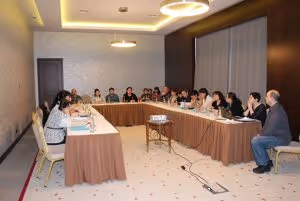
Training of interviewers[/caption]
The Center is highly qualified agency with rich experience in health-related household surveys and high capacity of skilled interviewers that facilitated data collection process. Thus, partnership of HRU with these two organizations was very successful in terms of dealing with challenges and difficulties associated with the research in humanitarian context.
Our research has generated valuable and reliable information, and established baseline knowledge about the impact of ongoing healthcare reform for IDP population in Georgia. The research methodology and partnership approach that was used during this study is very useful and can generate evidence about impact and specific failures of targeted programs and can serve as a basis for evidence-based planning of health programs in long-term humanitarian crisis settings.
[caption id="attachment_10671" align="alignleft" width="300"]
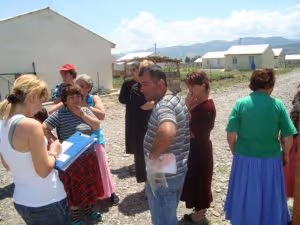
Mobilization of IDPs by community leaders[/caption]
[caption id="attachment_10668" align="alignright" width="300"]
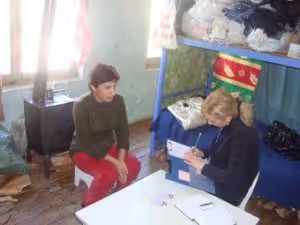
Conducting an interview[/caption]We employed household survey for the assessment of self-reported health expenditures, health status and utilization of health-related services among internally displace persons (IDP) in Georgia. This is a common survey method used in many countries, particularly in low- and middle-income countries. Using standardized method to identify characteristics of sub-group of population (IDP) simplified some of the methodological barriers and reduced costs of administering a study, also provided benefit of comparability with general public. The household survey methodology that was used in IDP compact settlements was appropriate and useful methodology and can be used in humanitarian context.
[caption id="attachment_10669" align="alignleft" width="300"]

Meeting with Minister of Health and Social Affairs of Abkhazia[/caption]
Internally displaced people are especially vulnerable and hard to reach population group in Georgia. Implementing household survey among IDP poses challenges, such as problems in reaching IDP in rural settlements, non-responsiveness, difficulties associated with conducting interviews in compact settlements, methodological problems and ethical challenges. As our study did not include incentives for the respondents, the main challenge anticipated was low response rate. In order to mitigate this challenge, the research was carried out in partnership with the humanitarian operational non-governmental organization Charity Humanitarian Centre "Abkhazeti", which has over 19 years of experience of working with IDP population in Georgia. This organization facilitated data collection process since it had regional representatives in target IDP settlements and ensured that the teams of interviewers have access to the IDP communities. Activities of the organization included mobilization of community leaders at IDP settlements that was very important to access IDP communities and recruit study participants. Another partner organization was National Center for Disease Control and Public Health.
[caption id="attachment_10670" align="alignright" width="300"]

Training of interviewers[/caption]
The Center is highly qualified agency with rich experience in health-related household surveys and high capacity of skilled interviewers that facilitated data collection process. Thus, partnership of HRU with these two organizations was very successful in terms of dealing with challenges and difficulties associated with the research in humanitarian context.
Our research has generated valuable and reliable information, and established baseline knowledge about the impact of ongoing healthcare reform for IDP population in Georgia. The research methodology and partnership approach that was used during this study is very useful and can generate evidence about impact and specific failures of targeted programs and can serve as a basis for evidence-based planning of health programs in long-term humanitarian crisis settings.
[caption id="attachment_10671" align="alignleft" width="300"]

Mobilization of IDPs by community leaders[/caption]
[caption id="attachment_10668" align="alignright" width="300"]

Conducting an interview[/caption]
Stay updated
Sign up for our newsletter to receive regular updates on resources, news, and insights like this. Don’t miss out on important information that can help you stay informed and engaged.
Related articles
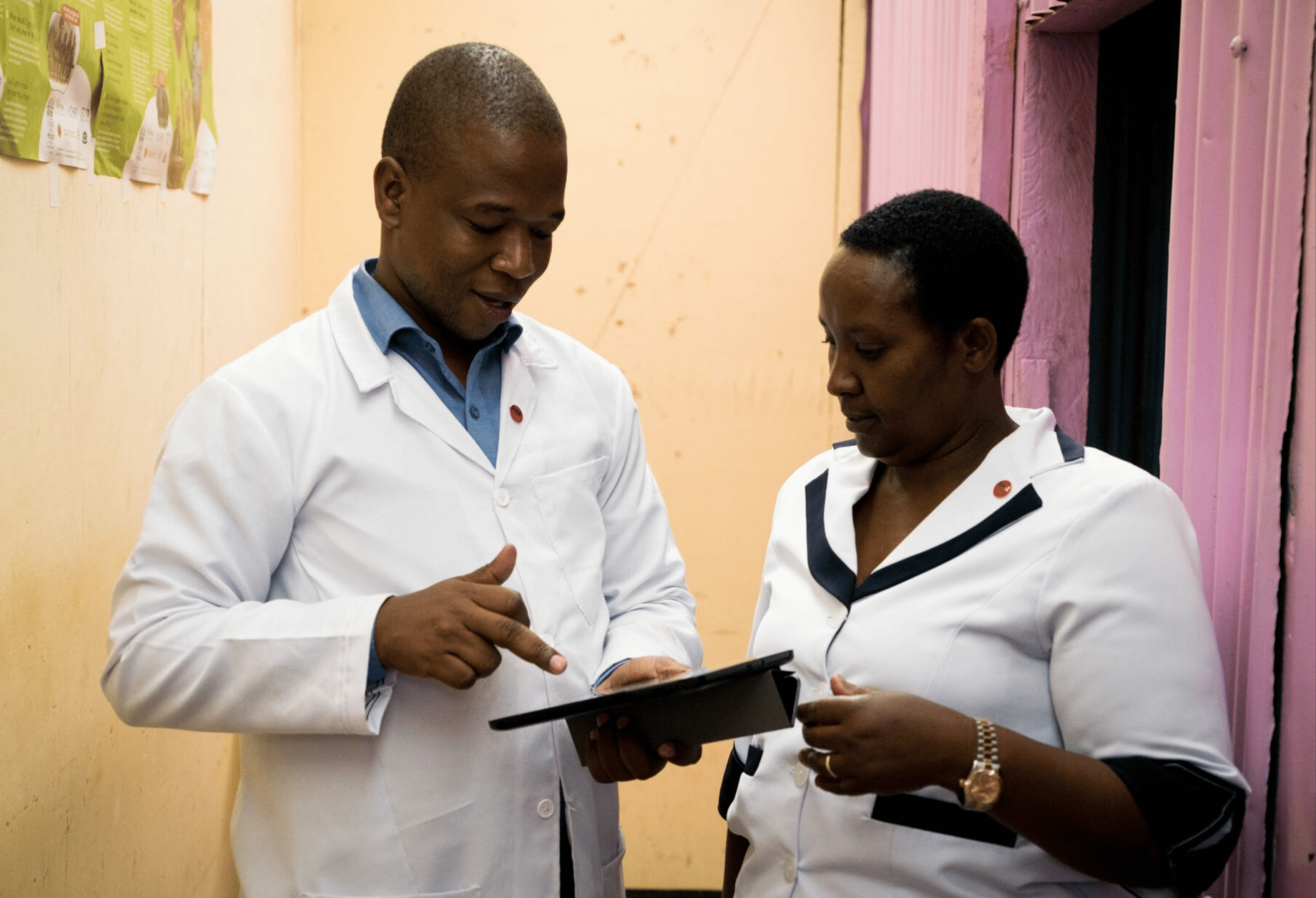
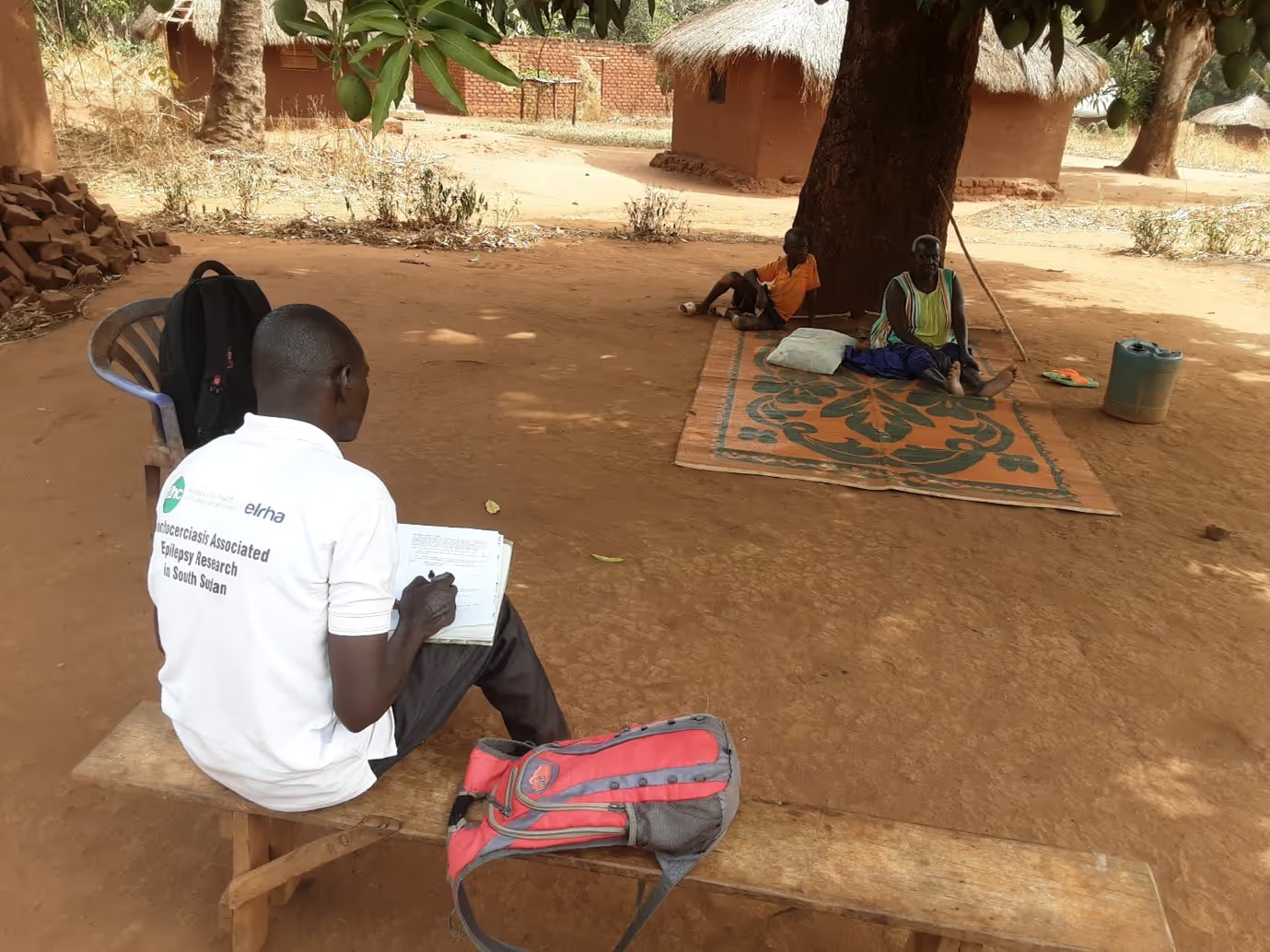
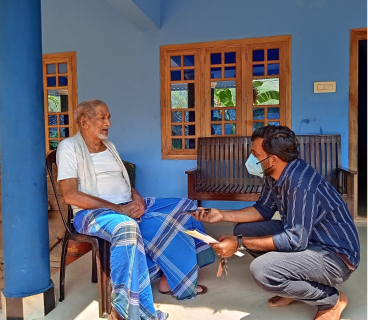
Explore Elrha
Learn more about our mission, the organisations we support, and the resources we provide to drive research and innovation in humanitarian response.